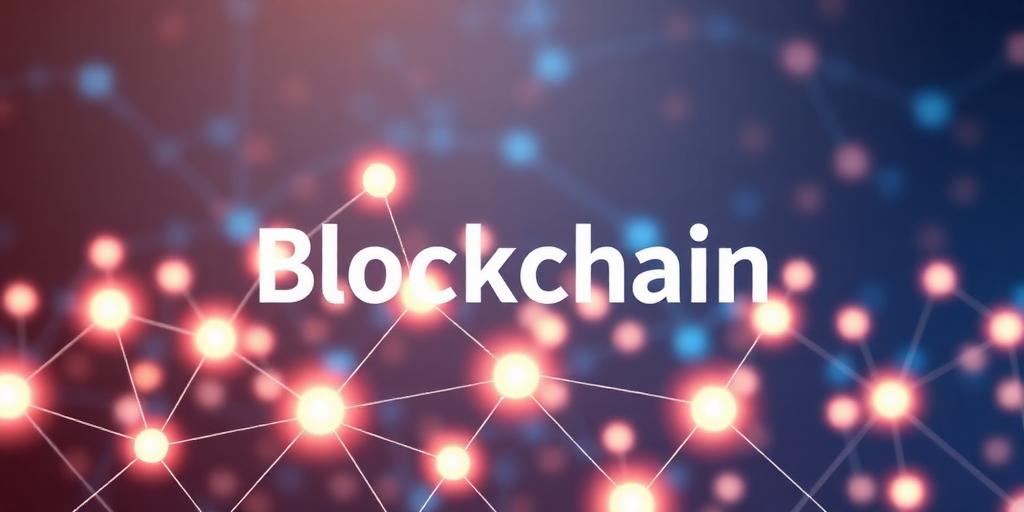Building Trust in the Digital Economy with Blockchain
The digital economy, characterized by online transactions and data-driven interactions, faces a significant challenge: establishing and maintaining trust. Traditional centralized systems often rely on intermediaries to validate transactions and ensure security. However, these systems can be vulnerable to fraud, manipulation, and single points of failure. Blockchain technology offers a decentralized and transparent solution to enhance trust in the digital economy.
What is Blockchain?
At its core, blockchain is a distributed, immutable ledger that records transactions across many computers. Each transaction is grouped into a "block," which is then cryptographically linked to the previous block, forming a "chain." This structure makes it extremely difficult to alter or tamper with the data, as any change would require altering all subsequent blocks in the chain.
How Blockchain Builds Trust
- Transparency: All participants in a blockchain network have access to the same ledger, allowing them to view the history of transactions. This transparency reduces information asymmetry and increases accountability.
- Immutability: Once a block is added to the chain, it cannot be altered or deleted. This immutability ensures the integrity of the data and provides a reliable audit trail.
- Decentralization: Blockchain networks are distributed across multiple nodes, eliminating the need for a central authority. This decentralization reduces the risk of censorship and single points of failure.
- Cryptography: Blockchain uses cryptographic techniques to secure transactions and verify identities. This encryption ensures that only authorized parties can access and modify data.
- Smart Contracts: Smart contracts are self-executing agreements written in code and stored on the blockchain. They automatically enforce the terms of a contract when predetermined conditions are met, eliminating the need for intermediaries and reducing the risk of disputes.
Applications of Blockchain in the Digital Economy
- Supply Chain Management: Blockchain can track goods and materials as they move through the supply chain, ensuring authenticity, preventing counterfeiting, and improving efficiency.
- Digital Identity: Blockchain-based digital identities can provide individuals with more control over their personal data and reduce the risk of identity theft.
- Voting Systems: Blockchain can create secure and transparent voting systems, preventing fraud and ensuring the integrity of elections.
- Financial Services: Blockchain can facilitate faster, cheaper, and more secure cross-border payments, reduce fraud, and improve transparency in financial transactions.
- Healthcare: Blockchain can securely store and share medical records, improving patient privacy and enabling better coordination of care.
Challenges and Considerations
While blockchain offers many benefits, it also presents some challenges:
- Scalability: Some blockchain networks can be slow and inefficient, particularly when processing large volumes of transactions.
- Regulatory Uncertainty: The regulatory landscape for blockchain technology is still evolving, creating uncertainty for businesses and investors.
- Energy Consumption: Some blockchain networks, such as Bitcoin, consume significant amounts of energy.
- Complexity: Blockchain technology can be complex and difficult to understand, making it challenging for businesses to adopt.
Conclusion
Blockchain technology has the potential to transform the digital economy by building trust, increasing transparency, and reducing fraud. While challenges remain, the benefits of blockchain are becoming increasingly clear. As the technology matures and adoption increases, we can expect to see even more innovative applications of blockchain in the years to come.









